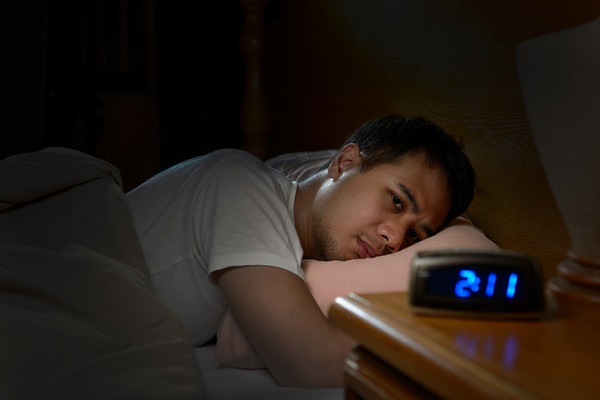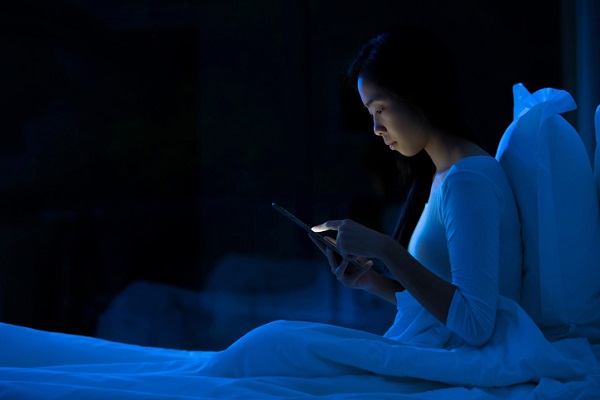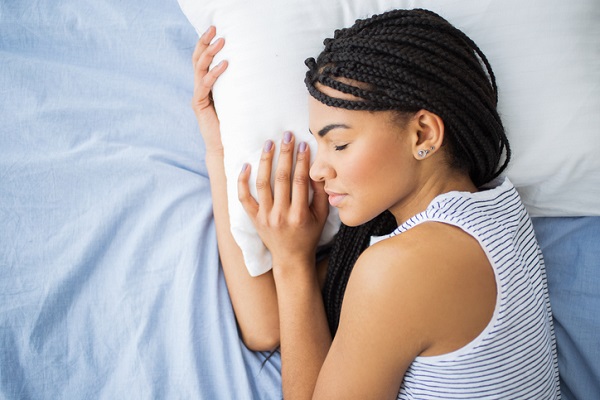Sleep is as universal a need as breathing and eating, and yet it is one area of wellness that many people ignore in their daily lives. According to some estimates, “Two-thirds of adults in developed nations fail to obtain the nightly eight hours of sleep recommended by the World Health Organisation” (Cooke, 2017). Some have even gone so far as to call this growing problem an epidemic. Here in Canada chronic lack of sleep affects many, with reports determining that “About 20 per cent of Canadians get between six and seven hours of sleep every night. And six per cent consistently get less than six hours a night” (Evans, 2017).
Yet while many aspects of sleep remain a mystery, new studies continue to illuminate just how important it is. Here is a closer examination of this often overlooked dimension of wellness, as well as the advice wellness counsellors can offer upon graduation.
Why Sleep Is so Essential to Wellness
Chronic lack of sleep has been linked with several negative health outcomes, including an increased risk of developing type 2 diabetes, heart disease, obesity, and stroke (National Heart, Lung, and Blood Institute, n.d.). According to one recent study, “A lack of sleep has been linked with seven of the 15 leading causes of death in the United States, including cardiovascular disease, malignant neoplasm, cerebrovascular disease, accidents, diabetes, septicaemia and hypertension” (Evans, 2017). Sleep’s effects on physical health are so stark that experts have noted “An adult sleeping only 6.75 hours a night would be predicted to live only to their early 60s without medical intervention.” (Cooke, 2017) However, it is important to note that sleep has effects that extend beyond the physical. Lack of sleep can also have a significant impact on a person’s mental health, with studies determining that “people with insomnia were five times more likely to develop depression,” and “20 times more likely to develop panic disorder (a type of anxiety disorder).” (Division of Sleep Medicine at Harvard Medical School, 2008)
Even among those who do not develop a diagnosable mental illness, lack of sleep can have a negative impact on mood. According to a recent study by the University of Pennsylvania, “subjects who were limited to only 4.5 hours of sleep a night for one week reported feeling more stressed, angry, sad, and mentally exhausted” (Division of Sleep Medicine at Harvard Medical School, 2008). Fortunately, the study also noted that “When the subjects resumed normal sleep, they reported a dramatic improvement in mood” (Division of Sleep Medicine at Harvard Medical School, 2008). This points to the important role that professionals with a wellness counsellor diploma can occupy as they help clients develop healthier habits.
Modern Trends Affecting Sleep Hygiene
As new research establishes a clear link between proper sleep and wellness, it’s surprising that sleep patterns appear to be worsening; “In 1942, less than 8% of the population was trying to survive on six hours or less sleep a night; in 2017, almost one in two people is.” (Cooke, 2017)
What is leading to the public’s growing lack of sleep? According to experts in the field, there are several factors at play. Matthew Walker, sleep scientist and author of Why We Sleep, notes that artificial light from electronic devices, longer commute times, and increased consumption of alcohol and caffeine all play a role in modern sleep habits (Cooke, 2017). Negative attitudes surrounding sleep may also be a factor at play, states Walker, observing that “We have stigmatised sleep with the label of laziness. We want to seem busy, and one way we express that is by proclaiming how little sleep we’re getting. It’s a badge of honour.” (Cooke, 2017)

Modern habits have lead to fewer hours spent sleeping comfortably
Current work cultures may also be encouraging workers to put in long hours of overtime and avoid sleep as a result. Fields as diverse as healthcare, law, technology, and investment banking report long hours and even all-nighters, preventing employees from getting proper sleep (GOBankingRates, 2016) (Malik, Shiv, 2013).
Advice You Can Offer Clients Once You Become a Wellness Counsellor
Given our modern addiction to work and light-emitting devices such as smartphones and laptops, developing healthy sleeping habits may be a challenge for clients. Once you become a wellness counsellor, you can begin by educating clients on the importance of sleep, and help dispel certain myths that may be encouraging unhealthy habits. For example, many clients might claim that they can comfortably function on five hours of sleep or less. However, this is simply not true (Cooke, 2017). Everyone needs “an average of eight hours of sleep a night,” including seniors (American Psychological Association, 2018).
Wellness counsellors can also help their clients foster what is known as sleep hygiene: healthy habits that strengthen a good sleep schedule (National Sleep Foundation, 2018). These habits can include avoiding caffeine, getting plenty of exercise during the day, and keeping a regular sleep schedule (National Sleep Foundation, 2018). A soothing pre-bedtime routine, complete with some light reading, a bath, or a warm cup of milk, can also help to condition the body for sleep (Division of Sleep Medicine at Harvard Medical School, 2007). Clients can also avoid using smartphones and other electronic devices before bed, as these are known to disrupt melatonin production—a phenomenon linked to poorer sleep outcomes (Loria and Gould, 2017).

Smartphone use has been linked with trouble falling asleep
By helping clients understand the importance of getting adequate sleep and by helping them take concrete steps to reach these goals, you can help address one important aspect of wellness that offers lasting benefits. An improved mood, greater alertness, and better health are just some of the rewards that come with proper sleep hygiene.
Would you like to attend a wellness college in Vancouver?
Learn more about the programs offered at Rhodes Wellness College.
Works Cited
American Psychological Association (2018). Why sleep is important. American Psychological Association. Retrieved from: http://www.apa.org/topics/sleep/why.aspx
Cooke, Rachel (2017). ‘Sleep should be prescribed’: what those late nights out could be costing you. The Guardian. Retrieved from: https://www.theguardian.com/lifeandstyle/2017/sep/24/why-lack-of-sleep-health-worst-enemy-matthew-walker-why-we-sleep?
CMP=fb_gu&CMP=aff_1432&awc=5795_1533323200_eb5007b1233808ddf7c483ab384c808b Division of Sleep Medicine at Harvard Medical School (2007). Twelve Simple Tips to Improve Your Sleep. Healthy Sleep. Retrieved from: http://healthysleep.med.harvard.edu/healthy/getting/overcoming/tips
Division of Sleep Medicine at Harvard Medical School (2008). Sleep and Mood. Get Sleep. Retrieved from: http://healthysleep.med.harvard.edu/need-sleep/whats-in-it-for-you/mood
Evans, Pete (2017). More than a quarter of Canadians get fewer than 7 hours of sleep. CBC News. Retrieved from: https://www.cbc.ca/news/business/lack-of-sleep-rand-1.4029406
GOBankingRates (2016). 10 Best and Worst Jobs for Work-Life Balance. Huffington Post. Retrieved from: https://www.huffingtonpost.com/gobankingrates/10-best-and-worst-jobs-fo_b_8924278.html
Loria, K., Gould, S. (2017). How smartphone light affects your brain and body. Business Insider. Retrieved from: https://www.businessinsider.com/how-smartphone-light-affects-your-brain-and-body-2017-7
Malik, Shiv (2013). Bank of America reviews long-hours culture after intern’s death. The Guardian. Retrieved from: https://www.theguardian.com/business/2013/aug/23/bank-america-merrill-lynch-intern-death
National Heart, Lung, and Blood Institute (n.d.) Why Is Sleep Important? National Heart, Lung, and Blood Institute. Retrieved from: https://www.nhlbi.nih.gov/node/4605
National Sleep Foundation (2018). Sleep Hygiene. National Sleep Foundation. Retrieved from: https://sleepfoundation.org/sleep-topics/sleep-hygiene










